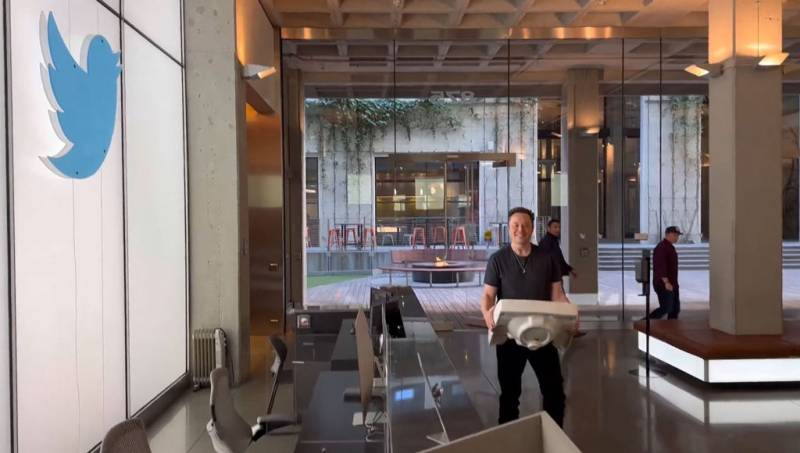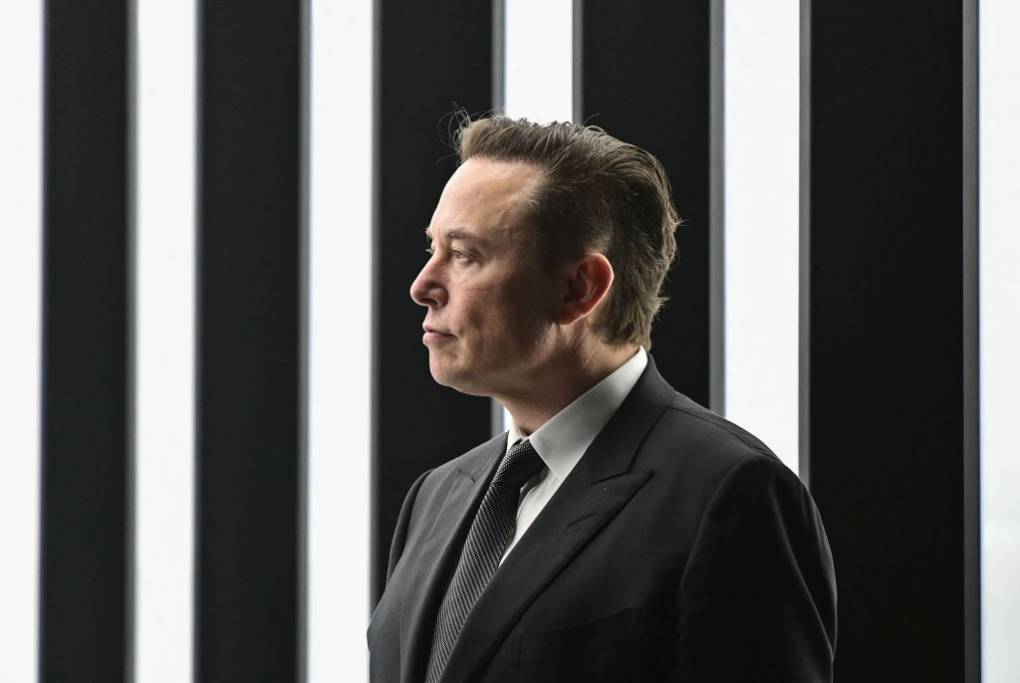It’s a done deal. Elon Musk now owns San Francisco-based Twitter. He closed the $44 billion deal last week and quickly fired the company’s top executives. Some users are already leaving the social media platform in protest, fearing a rise in hate speech — a fear that already proved well-founded by Monday, as Yoel Roth, Twitter’s head of safety and integrity, said the platform was seeing an influx of tweets containing slurs and derogatory terms. In short, there’s quite a bit of chaos — not least because Musk himself tried to back out of the deal just a few weeks prior. So why did he go through with it?
“He signed a contract,” said Jeremy Owens, technology editor and San Francisco bureau chief for MarketWatch, in a recent interview with KQED’s Tara Siler. “This is one of the dumbest acquisitions since AOL Time Warner. He’s paying four or five times what Twitter is worth to own this. I’m not surprised he tried to get out of it. But, you know, there are some rules in this country that are followed. And one of them is if you sign a contract to do something, you’re probably going to have to do it.”
As Twitter employees, regular users, journalists and advertisers wait nervously to see what Musk will do next, there were a lot of questions on everyone’s mind, the first of which might be: Why Twitter?
“He wants attention,” said Owens. “We’ve seen a cavalcade of billionaires buying media outlets. But Elon especially, he just wants the spotlight on him and he finds ways to get the spotlight on him. Now he has it, we’ll see what he does with it.”
That’s the $44 billion question. Speculation is rife; expectations vary. Some have praised the takeover as a victory for freedom of speech, while others fear things may already be headed for the worst.

